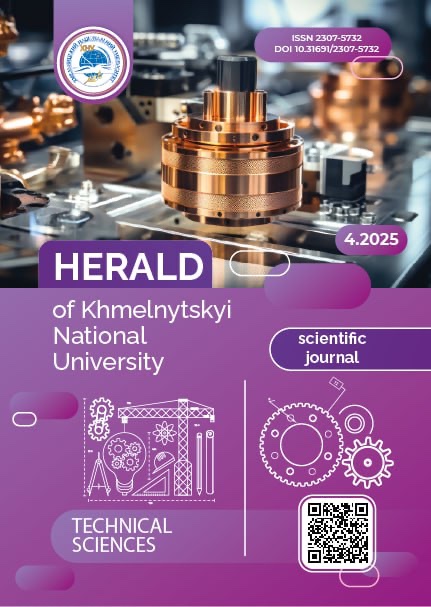MULTI-AGENT AND ONTOLOGICAL APPROACHES FOR DESIGNING DIGITAL TWINS OF COMPLEX SYSTEMS
DOI:
https://doi.org/10.31891/2307-5732-2025-355-84Keywords:
software engineering, digital twin, complex system, multi-agent system, ontology, digital twin designAbstract
This paper presents a comparative analysis of multi-agent and ontological approaches for designing digital twins of complex systems. As digital twins increasingly serve as critical components in cyber-physical environments, selecting the appropriate modeling approach becomes essential for ensuring system adaptability, semantic consistency, and real-time responsiveness.
The research includes the complex system classification by the coupling level between the components, high-coupled and low-coupled systems. It highlights the distinctive characteristics of each approach and type, with multi-agent systems offering autonomy and behavioral flexibility for the highly coupled systems, while ontological models provide formalized knowledge representation and logical inference capabilities for low-coupled systems. The study identifies key challenges that arise from the structural and functional differences between these paradigms, particularly when applied to dynamic systems requiring both interpretability and reactivity. A hybrid design methodology is proposed to leverage the strengths of both approaches, enabling digital twins to operate in real-time environments while preserving semantic clarity and consistency.
The results demonstrate that combining decentralized behavior with a structured knowledge layer offers a scalable and semantically robust foundation for digital twin development. This research contributes to the development of more intelligent, modular, and interoperable digital twin architectures suited for complex and evolving systems. Also, the next steps of the improvement for both design approach were proposed.
Downloads
Published
Issue
Section
License
Copyright (c) 2025 ОЛЕКСІЙ АТАМАНЮК, ЄВГЕНІЯ СУЛЕМА (Автор)

This work is licensed under a Creative Commons Attribution 4.0 International License.

